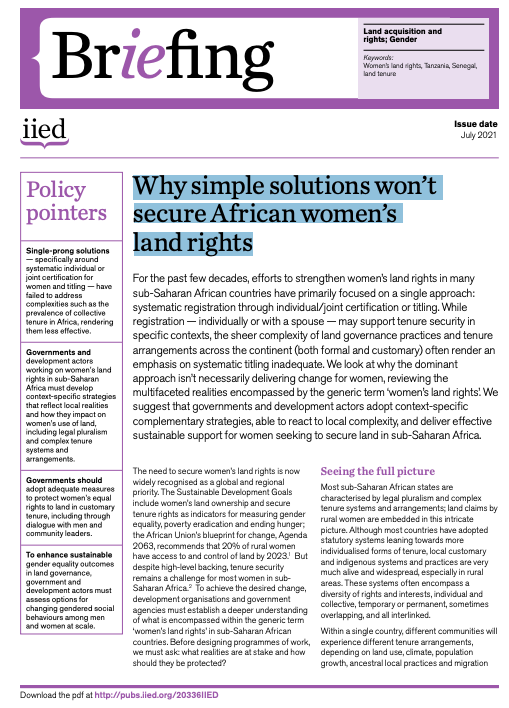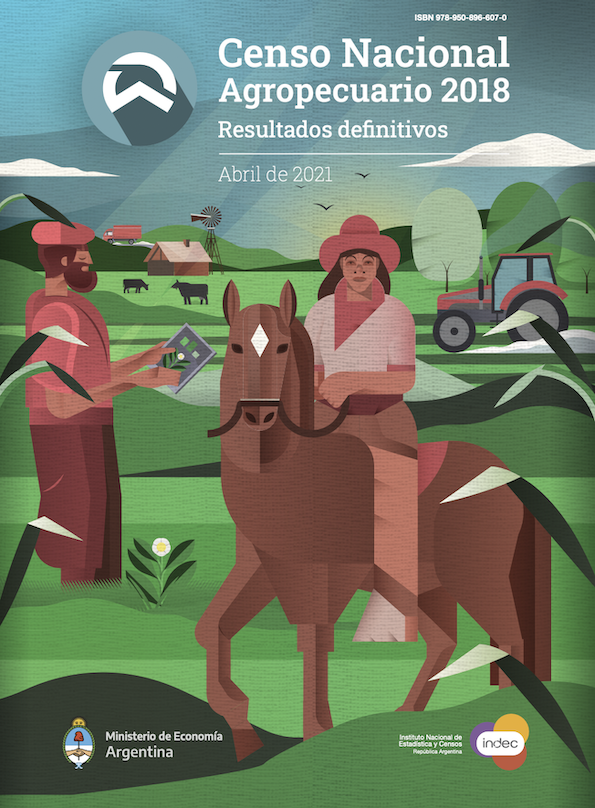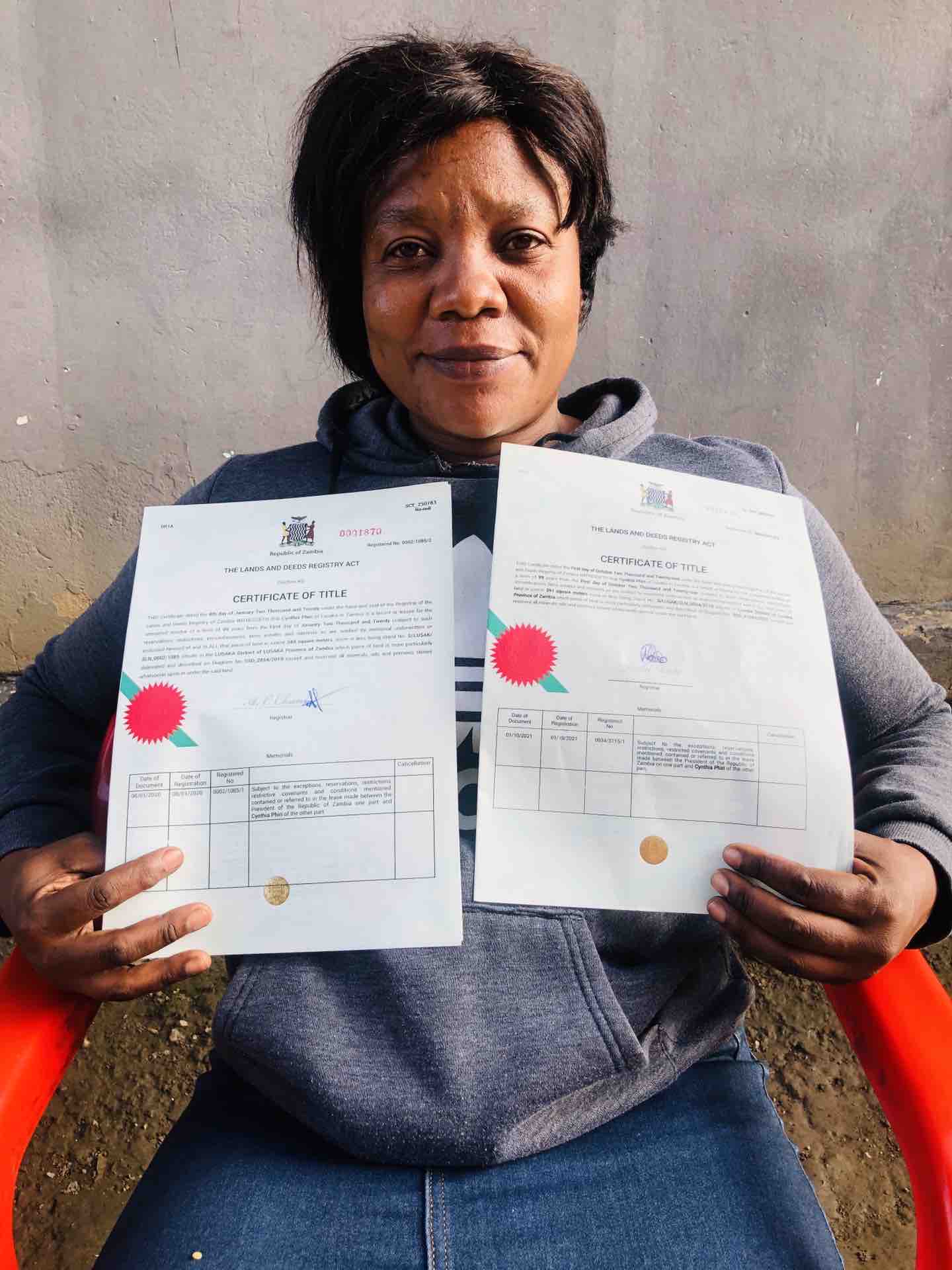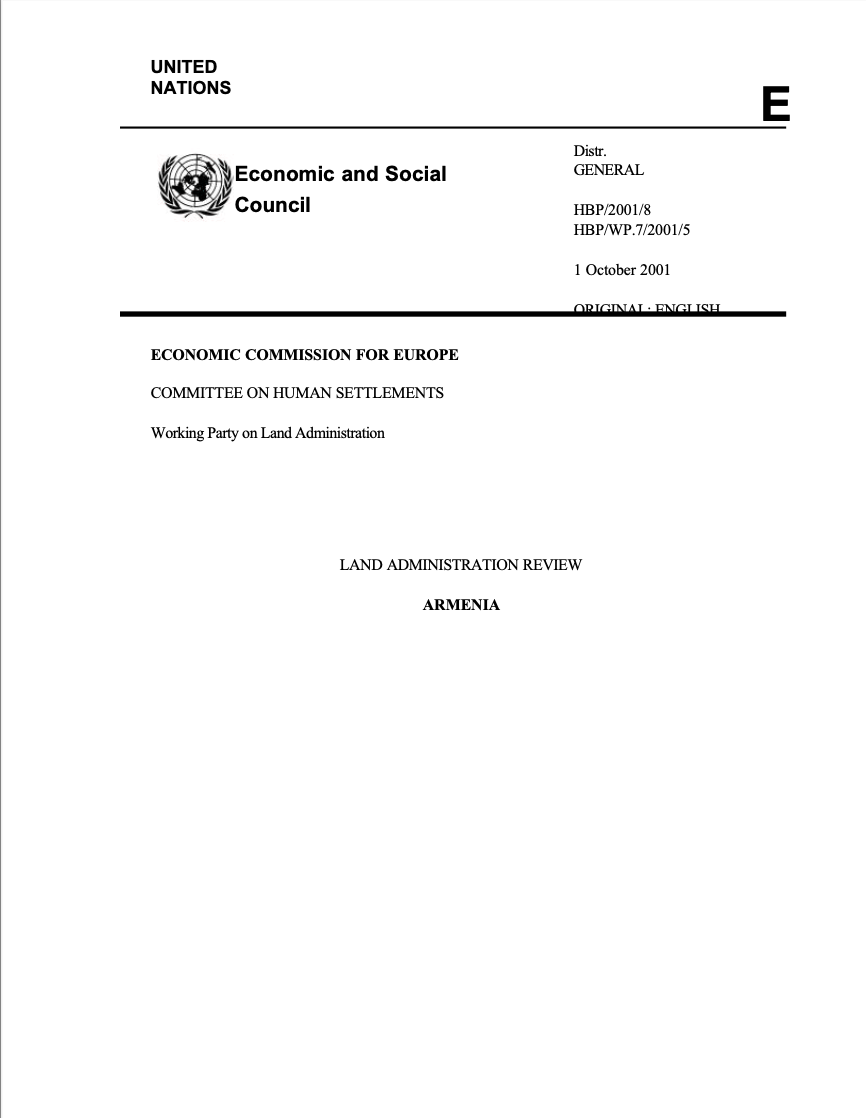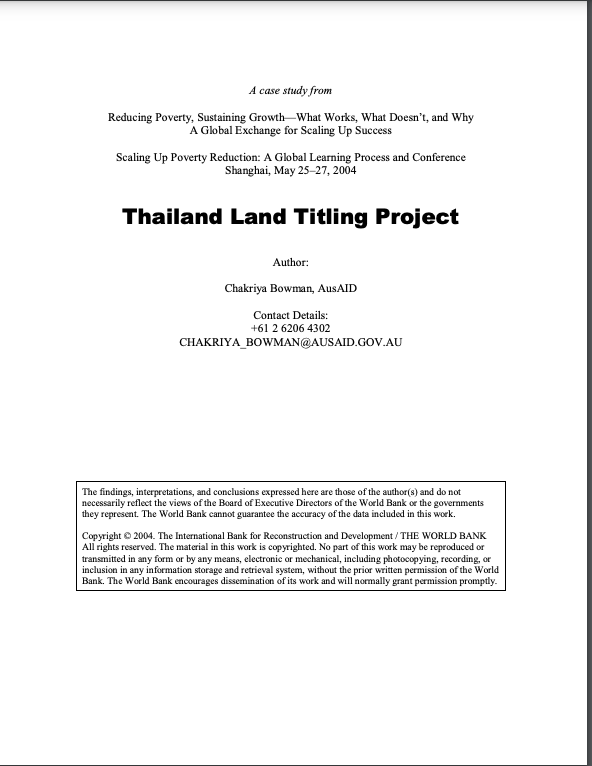Remote Sensing for Land Administration
Land administration constitutes the socio-technical systems that govern land tenure, use, value and development within a jurisdiction. The land parcel is the fundamental unit of analysis. Each parcel has identifiable boundaries, associated rights, and linked parties. Spatial information is fundamental. It represents the boundaries between land parcels and is embedded in cadastral sketches, plans, maps and databases. The boundaries are expressed in these records using mathematical or graphical descriptions. They are also expressed physically with monuments or natural features.


